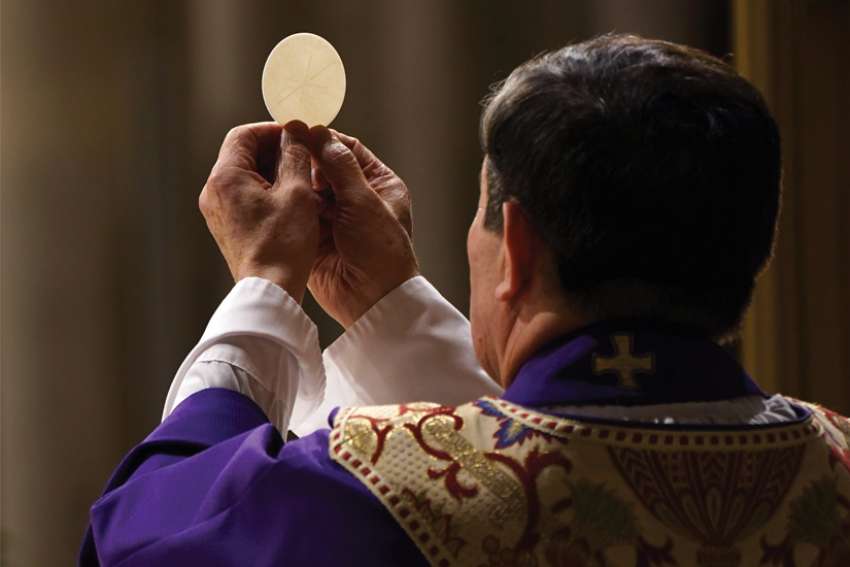But they are struggling to maintain the sense of spiritual connection that comes from being able to gather with other members of their faith at religious services and events, says a new Angus Reid survey of more than 1,000 Canadians conducted just before Easter.
Religious Canadians have seen their places of worship shuttered at times and attendance severely restricted when allowed to open in the past year since the global health emergency changed everyday life across the globe. And that has led a significant number of Canadians to feel that the restrictions placed on religious communities have been unfair while many commercial operations have been allowed to continue with limited restrictions.
“The evidence shows widespread compliance with public health orders among religious communities, despite a significant feeling the orders have been unfair when compared to other places where folks gather,” said Cardus religious think tank executive director Ray Pennings.
When asked how gathering restrictions on places of worship compare with those imposed on other venues, “two-in-five (39 per cent) of Canadians who normally attend religious services say they have been unfairly harsh,” the survey found.
The Angus Reid Institute survey, which was undertaken in conjunction with Cardus, was released April 1. The survey asked 1,059 Canadian adults who had attended religious services at least once a month before the COVID pandemic how they have been meeting their religious and faith needs since public health-mandated measures have limited public faith gatherings.
Among the survey findings were that 55 per cent of “respondents who identify as Roman Catholic” miss being able to take part in Communion in person.
“Communal worship is a core part of many believers’ identity and lockdowns are personally costly for them,” said Pennings.
The results show religious Canadians have been engaged in “more personal prayer (32 per cent)” but they feel less connected to their religious community (50 per cent).
“Many long for a return to in-person worship (49 per cent), but among those who’ve had an opportunity to do so under pandemic restrictions, a plurality (42 per cent) describe the experience as less satisfying. The pandemic has also had equal parts positive and negative impacts on their own spirituality,” said an Angus Reid release.
“As with almost every aspect of pandemic life, online services have been a lifeline for those craving contact with their churches, temples and synagogues. The vast majority (77 per cent) of Canadians who regularly attended religious services pre-pandemic say they’ve streamed or ‘attended’ a religious service online, most of them on a regular basis, and most praising it in absence of no other alternative.
“Indeed, more than three times as many say they would maintain the availability of online services rather than discontinue them post-pandemic (56 per cent versus 17 per cent respectively).”
While Cardus’ Pennings said the results of the survey show that Canadians are going online to stay connected to their faith, as many as eight out of every 10 religious Canadians surveyed said they miss the ability to gather with other members of their faith community.
“Every Canadian has faced challenges in dealing with the pandemic and restrictive health orders,” Pennings said, pointing out that donations to charity are down across the board as well and that many people who go online to stay connected to their faith community are alone when they are online and miss the feeling of community offered by communal, in-person worship.
“These findings add a previously unexplored facet to the overall story about how COVID-19 has affected our society.”


